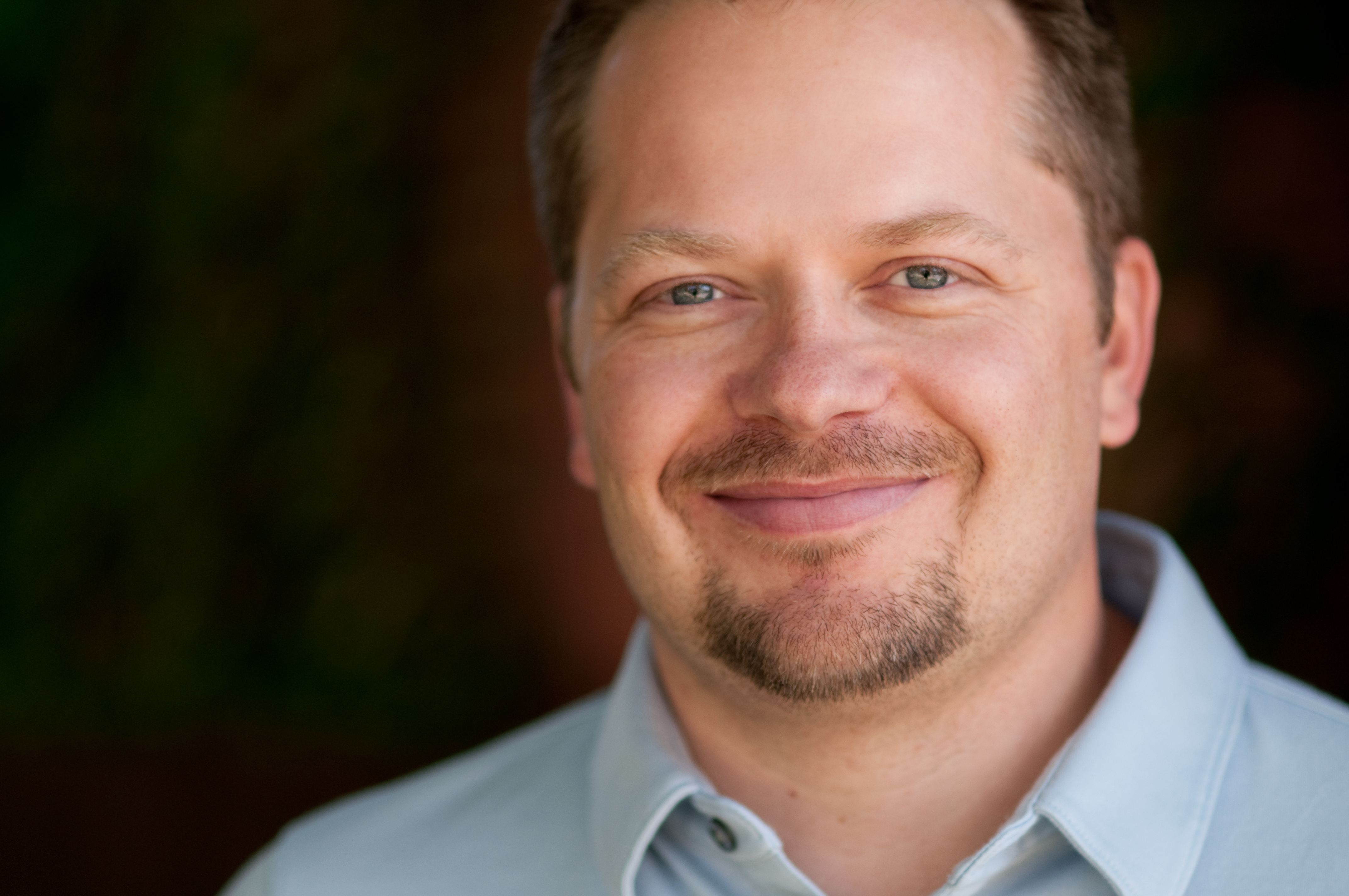In his book Out of the Shadows: Understanding Sexual Addiction, Patrick Carnes introduces the “addiction cycle” as it relates to sex addiction. He shares 4 components to this cycle. They are preoccupation, ritualization, sexual compulsivity, and despair. For this article, I’d like to talk about the first part, which is preoccupation.
What is addiction?
In essence, an addiction begins when a person begins to trade a healthy opportunity for connection and relationship with another person(s) for a substance or behavior that is mood altering, intense, and driven by a desire to disconnect. With sex addiction, this person would compulsively opt to use pornography or sex instead of authentic connection with another person. Authentic connection includes one’s whole self (thoughts, emotions, spirituality, etc), rather than only sexual expression.
When we repeatedly turn to addictive behaviors, we find ourselves on autopilot. Many who struggle with addiction find themselves wondering how they got “here” again. “I have again done the thing I said I would never do again.” This is where breaking down addiction into a process or a cycle is helpful and why Carnes’ work is so important.
Preoccupation
At the beginning of the cycle we have preoccupation. Quoting Carnes, preoccupation is:
“the trance or mood wherein the addicts’ minds are completely engrossed with thoughts of sex. This mental state creates an obsessive search for sexual stimulation.”1
This part of the cycle is difficult to recognize from the outside looking in. Everything may seem normal to a preoccupied person’s family and friends. But internally, the person is processing every interaction through a sexual filter. To them everyone is either a sexual opportunity or not. This “opportunity” may only be in the form of sexual fantasy. The person trapped in the addiction cycle may see people mostly as whichever body part is most appealing to them in that moment.
What can I do?
This “trance” can be interrupted through authentic connection. Sometimes a simple, “How’s the weather?” type of interaction can be enough to bring us back to reality. Most times, we need to go a bit deeper. A conversation with a friend about our feelings of loneliness or anxiety or inadequacy can help to break the spell of preoccupation. While this may not completely eradicate temptation or lust, it might give us the ability to say, “no.” When we are starved for authentic connection, there is little to stop us from turning to a false substitute. But when we feel known and understood, we aren’t facing struggles from a position of “no other choice.” We can see the bad for what it is when we have tasted something so much better.
Next time, I will address the next part of the addiction cycle, ritualization.
1 Patrick Carnes, Out of the Shadows: Understanding Addiction, (Center City: HAZELDEN, 1994), pg.9

Roger Jones
Executive Director
In the spring of 1995, the conflict Roger felt between his faith and his sexuality, as well as an addiction to pornography, led him to WGA. His personal journey has provided him unique insights into sexuality and the pain of adversity, which he shares through his testimony, facilitation of small groups, writing and public speaking.
Roger began working with WGA in October of 1996 as the Assistant office Manager. Since that time, he has worn many hats and served in several different positions, including Assistant Program Director and Operations Director. In April of 2007, Roger assumed the position of Executive Director.
Roger attended West Texas A&M University, where he studied Music Business. Much of his training has been “on the job,” where he was mentored by the ministry’s Founder, Mary Heathman, and the Program Director, Scott Kingry. He holds a BA from West Texas A&M University.
Roger, his wife Jill, and their daughter Julia and son William, attend Celebration Community Church where Jill serves as Associate Pastor.
Make a Difference in Someone's Life
If you enjoy reading WGA’s blogs and would like to show your support, please consider making a donation. Where Grace Abounds is a 501(c)3 non-profit organization. The majority of services, including support groups and discipleship counseling, are provided free of charge. Your financial gifts help to cover the costs associated with offering a free program to those who seek WGA’s services.

